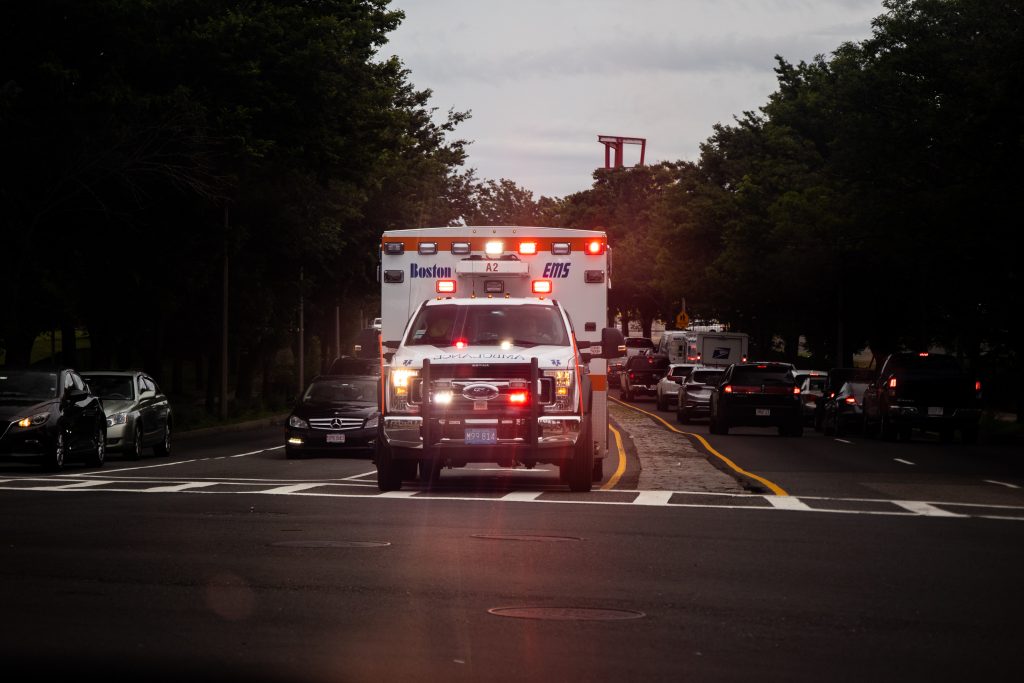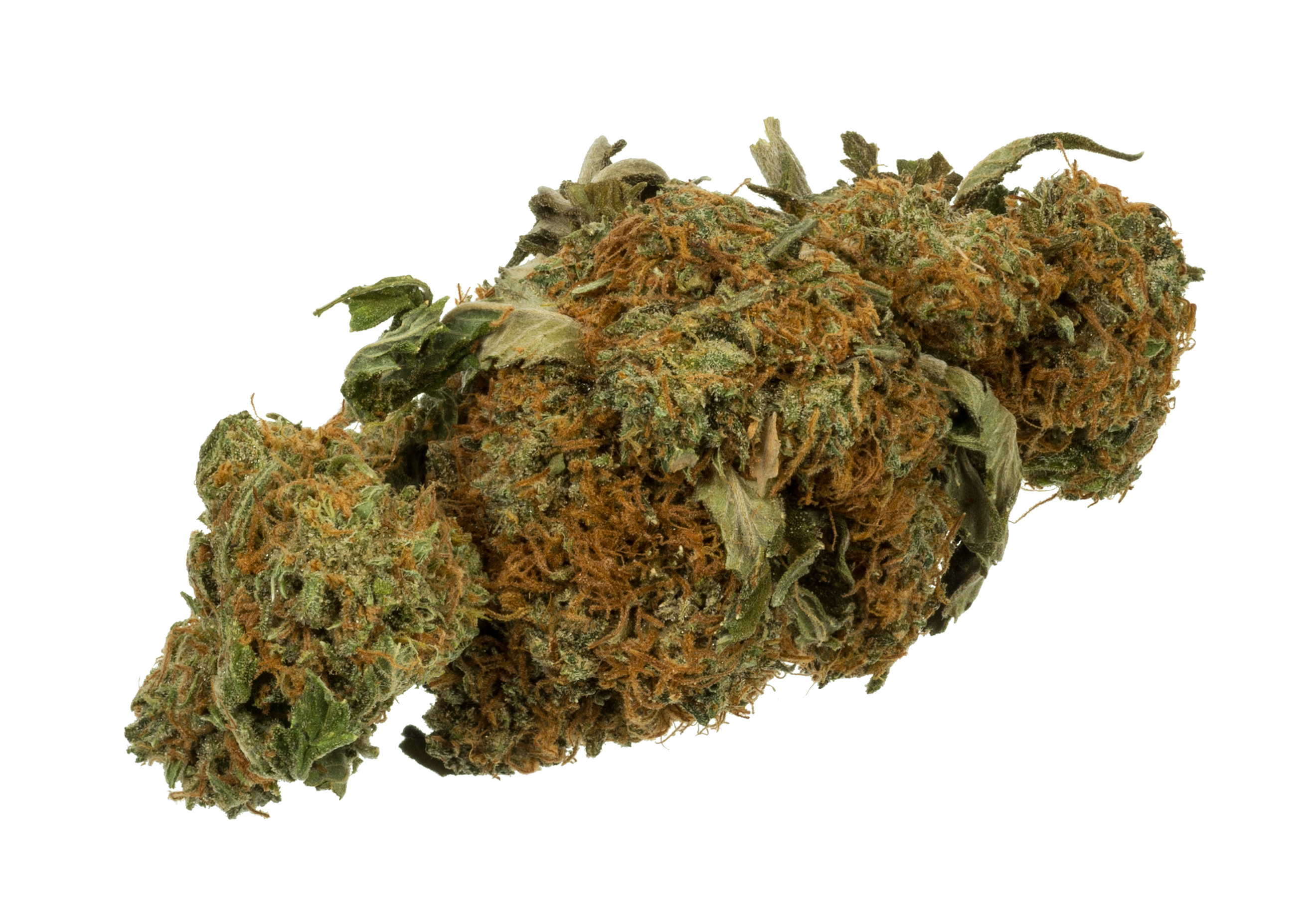
A study published this month in The New England Journal of Medicine shows Canada saw a dramatic increase in driving while high following legalization of marijuana in 2018.
The study examined 4,339 drivers treated after car accidents in British Columbia.
Researchers studied levels of THC — the active ingredient in marijuana — found in the blood of injured drivers.
The study’s authors concluded that, “the prevalence of moderately injured drivers with a THC level of at least 2 ng [nanograms] per milliliter in participating British Columbia trauma centers more than doubled” after Canada legalized marijuana in 2018.
Researchers noted that the increase in driving while high was largest among older drivers and male drivers.
These findings track with other research about the dangers of driving under the influence of marijuana following legalization.
In 2020 a AAA Foundation study found that the estimated number of drivers involved in fatal crashes in Washington State doubled after legalization of marijuana.
Another AAA Foundation study published last year found that, “People who use both alcohol and marijuana are some of the most dangerous drivers on the road,” and that “drivers who use both marijuana and alcohol were significantly more prone to driving under the influence of alcohol versus those who only drink alcohol but do not use marijuana.”
In September of 2020 the Rocky Mountain High Intensity Drug Trafficking Area released a report that found:
* Since recreational marijuana was legalized in 2013, traffic deaths in which drivers tested positive for marijuana increased 135% while all Colorado traffic deaths increased 24%.
* Since recreational marijuana was legalized, traffic deaths involving drivers who tested positive for marijuana more than doubled from 55 in 2013 to 129 people killed in 2019. This equates to one person killed every 3 1/2 days in 2019 compared to one person killed every 6 1/2 days in 2013.
* Since recreational marijuana was legalized, the percentage of all Colorado traffic deaths that were marijuana related increased from 15% in 2013 to 25% in 2019.
States that are thinking about legalizing recreational marijuana need to take a serious look at the unintended consequences other states have suffered — such as increased car accidents and traffic fatalities
All of this underscores what we have said for years: Marijuana may be many things, but “harmless” simply is not one of them.




